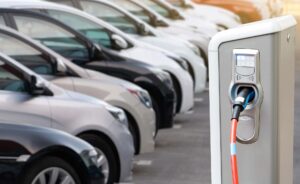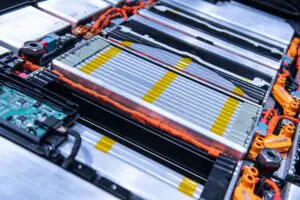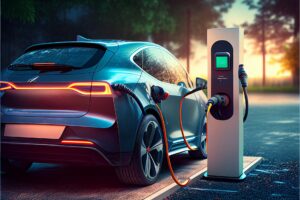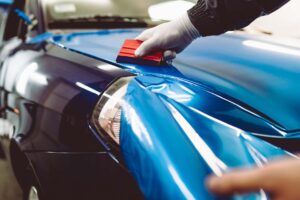You may have heard that President Biden’s breathalyzer in car mandate will soon come into effect. If this is something you’re not familiar with but are a regular driver, this rule will apply to you, too. Learn all about in-car breathalyzers, why they’re becoming mandatory, and the possible societal fallout from the news.
Mandatory car breathalyzers will be added to all new-generation vehicles. They’ll be able to detect and disable the car’s functions if the driver seems to be under the influence of alcohol. This is meant to curb drunk driving accidents and fatalities, but is it practical? There are many discussions around this.
What Is a Breathalyzer?
A breathalyzer is a device used to measure the amount of alcohol in a person’s breath, which can then be used to estimate the level of alcohol in their blood. This is known as blood alcohol concentration (BAC).
When you consume alcohol, it enters your bloodstream and is processed by your liver. But the liver can only process a certain amount of alcohol at a time, so excess alcohol stays circulating through your bloodstream until it can be processed. This circulation affects your brain and other tissues and is also expelled from your body in small amounts when breathing out.
What’s the Purpose of One?
The device is often used by law enforcement officers to check if a person is driving under the influence of alcohol. When you blow into a breathalyzer, it measures the amount of alcohol in your breath. This is then converted into an estimate of the amount in your blood. If your BAC is above a certain level (typically 0.08% in many jurisdictions), you’re considered legally impaired and shouldn’t be driving.
Breathalyzers use various technologies to detect alcohol, including fuel cell sensors, semiconductor oxide sensors, and infrared spectrophotometer technology. Each has different levels of accuracy, sensitivity, and cost. Some are small enough to be handheld, while others are larger and more complex.
How Does It Help Regulate Bad Drivers?
The purpose of breathalyzers is to regulate bad drivers and reduce drunk driving incidents. Despite what many people forced to take a breathalyzer test might think of the procedure, it can ultimately save their lives and the lives of those around them.
Drivers’ responsibilities are increased and put at a higher stake when there’s a well-being check-up. Sure, it’s not always fair, and no one likes “the man” on their tail, but drunk driving kills many people during the year, so not all things are meant to be fair.
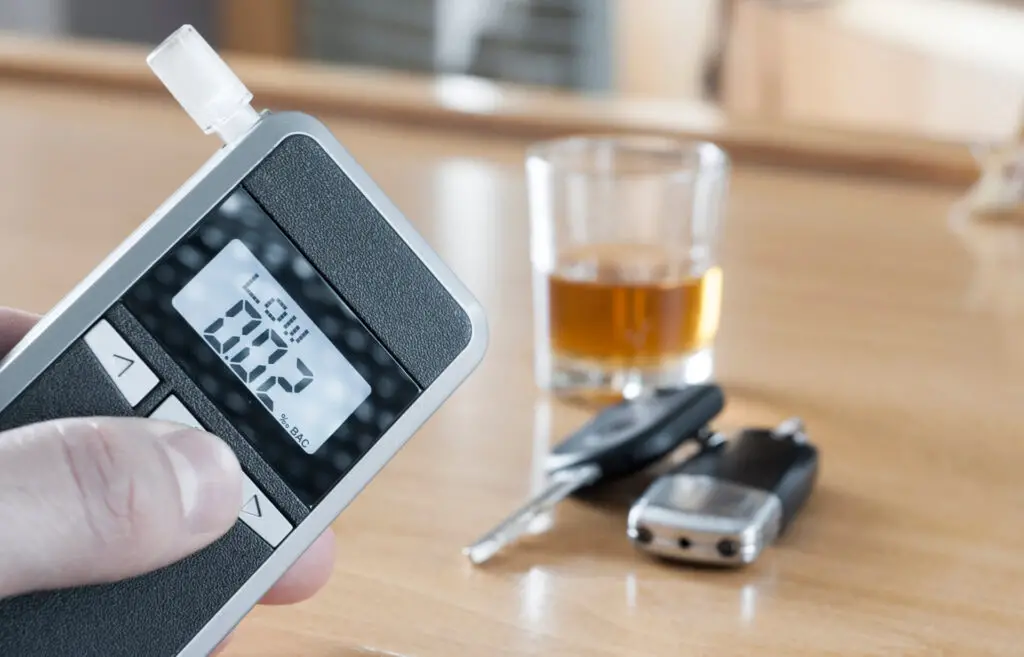
The Purpose of an in-Car Breathalyzer
Even the most popular import cars or the best and most expensive cars in the world may not be spared from the breathalyzer in car regulation. This is simply because drivers of any status and caliber are prone to drunk driving, and the price or origin of their vehicle doesn’t discriminate like that.
The purpose of an in-car breathalyzer would be simple – the sensors installed in the steering column or side door will detect the driver’s breath and register alcohol levels in their blood. Here’s a general step-by-step process of how it should work:
- Before starting the car, the driver must blow into the installed breathalyzer,
- The breathalyzer analyzes the breath sample for alcohol content,
- If the alcohol content is above the preset limit, the device will prevent the car’s ignition from starting,
- If the alcohol content is below the limit, the car can be started and driven normally.
“In most US states, breathalyzers in cars are not a novelty. For example, California has had mandatory car breathalyzers for all repeat offenders since 2019. In New Jersey, first offenders with a high BAC must have a breathalyzer, a regulation from 2010.”
Drunk Driving Statistics Leading Up to the Mandate
Every day, about 37 people in the US die in drunk-driving crashes, according to the National Highway Traffic Safety Administration (NHTSA). In 2021 alone, approximately 13,000 people lost their lives in alcohol-impaired driving deaths, which could all have been prevented.
Here are the effects on a person’s system with the increase of alcohol in their systems.
| BAC (g/dL) (the norm is 0.08) | How many drinks is that? | What happens when you’ve had this much? | What’s the effect on driving? |
| 0.02 | One standard drink | The body warms up, entering a slightly altered state | Multitasking becomes more complicated |
| 0.05 | Two standard drinks | Loss of muscle control and exaggerated behavior | Reduced coordination and the ability to track multiple objects |
| 0.08 | Three to five standard drinks | Lowered inhibitions, harder to detect danger; memory and judgment impaired | Harder to control the vehicle speed and perceive multiple and moving objects |
| 0.10 | Five to seven standard drinks | Slowed reactions, thinking, and speech, loss of coordination | Reduced ability to hit the right pedals (brakes mostly) and to control the vehicle properly |
What Is This New Mandate? You May Know It Better as the Bipartisan Infrastructure Deal
The Infrastructure Investment and Jobs Act, also known as the Bipartisan Infrastructure Deal, is a law signed by President Biden in late 2021. In simple terms, it’s a huge plan that aims to improve infrastructure, like roads, bridges, internet access, public transit, and more. The law allocated $1 trillion to these projects, with about $550 billion being new spending. The goal is to create jobs, make the infrastructure more resilient, and boost the economy.
One part of this law involves the concept of “advanced drunk and impaired driving prevention technology.” While the law doesn’t directly say “breathalyzers in cars are now mandatory,” it does require the NHTSA to start figuring out new safety standards.
Timelines for Implementation
Upon signing, it was ordered that the NHTSA develops and officiates this breathalyzer system within three years. According to the timeline, this means they must make it all possible by next year, 2024.
The NHTSA can ask for extensions if the plan or the industry isn’t ready. Tech-wise, it will probably be developed and tested by the end of next year; socially, people may never be ready for it because many will deem a control system like this a privacy violation.
Types of Vehicles Affected
The Bipartisan Infrastructure Deal would apply to all new passenger vehicles, and one of the options could be breathalyzer-like systems that prevent a car from starting if the driver has been drinking.
The specifics of how this will work are still unclear, as it’s up to the NHTSA to develop the regulations. It could be that breathalyzer systems are one option, but other technologies might also be considered.
So, while this isn’t certain yet, the law is a big step towards more proactive measures to prevent drunk driving, with the ultimate goal of increasing road safety. This could also help numerous drivers monitor their steering and car quality and learn how to drive better in the long run. Better driving can cut down car expenses and avoid bad situations.
“Systems engineered to track a driver’s focus when using driverless cars like Tesla could potentially be modified to incorporate algorithms that determine if a driver is under the influence; no new systems will need to be installed in this case.”
The Role of Car Manufacturers and Dealerships in Compliance
What about car manufacturers? What about driverless cars that have just risen to fame? These will also likely be impacted by this regulation since all new-gen cars will need to have this. This may impact the rise and safety of baby-friendly cars, some of the vehicles the government is looking to protect from drunk driving accidents.
For most manufacturers, though, the news came as a surprise, not because of what it is, but how fast it must be implemented. Most were expecting the system to be implemented in Europe first because Swedish companies are already working on alcohol detection sensors. The fact that it starts in the US has taken some manufacturers aback.
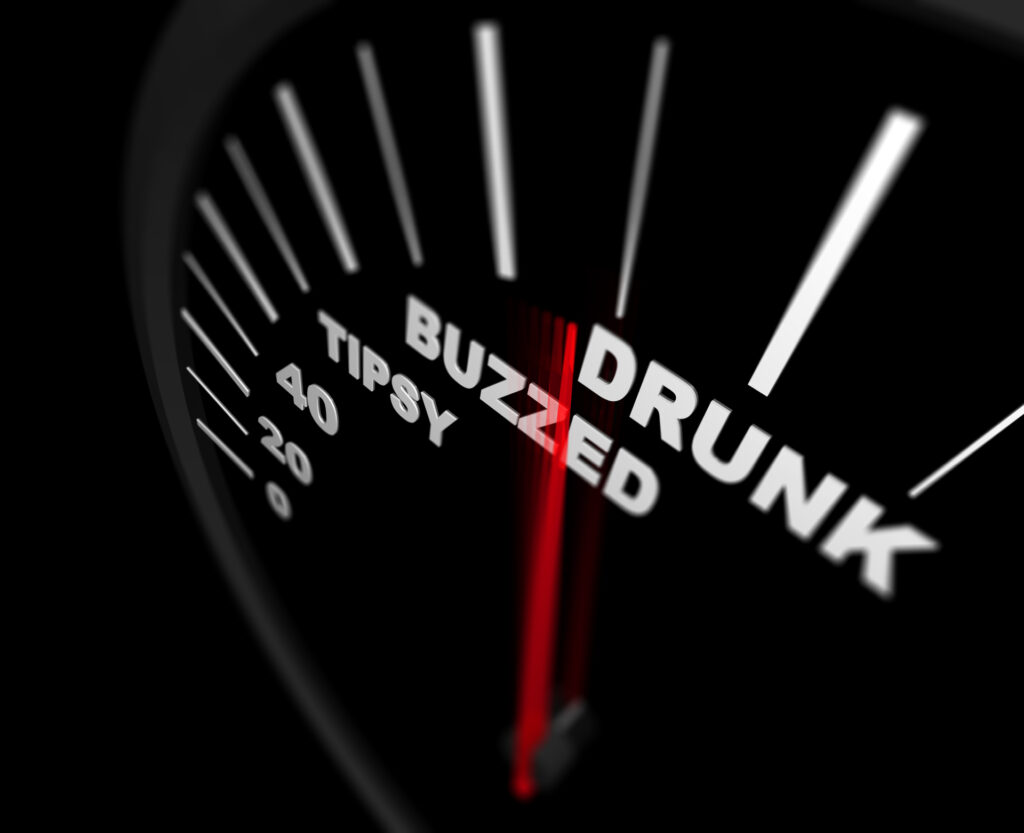
Will Costs Increase Due to a Breathalyzer Installed in Car?
While breathalyzers are great additions to cars for city driving, where traffic is the densest and most problematic, what could these devices do to car expenses? This sort of technology will likely increase the cost of any vehicle possessing it, but we’re unsure how much.
Cars that already have mandatory breathalyzers didn’t increase in cost because the machine came later; the drivers were the ones to buy them rather than getting them pre-installed. That costs between $70 and $150, depending on the manufacturer. If we get cars with breath-detecting sensors, I expect prices to rise quite a bit.
However, according to many statistics, breathalyzers may not be the only preventive measure. It seems like the economy is the biggest influencer on such things. If the country’s economic situation is great, more people will be behind the wheel, ultimately leading to increased traffic incidents.
Will We Really Be Surprised If Car Prices Jump Because of This?
Car evolution has made it possible for cars to rise in prices and more difficult to find online car parts stores that can help people get necessary parts at a reduced price; this is especially true for driverless and off-road vehicles, which have specific sensors. Integrating breathalyzers in cars might make finding parts and fixing cars a little more expensive, but what’s new?
We’ve already seen steep rises in gas prices, and getting an evaluation of the damage on a car is no longer complementary. So, is anyone surprised by a rise in car prices due to an extra layer, albeit miniature, of technology? This may be an excuse for some manufacturers to up their costs, but that will, hopefully, be curbed somehow.
Economic Consequences for Those Failing to Comply
The NHTSA hasn’t made calls or decisions regarding punishment for non-compliance; I can only assume it won’t be cheap. Drivers will be endangering people around them and themselves in such situations, so there could be more than just financial punishment.
Many folks, a statistic circling forums like Reddit, for example, would argue that breathalyzers are unreliable, and this lack of certainty is reason enough for folks to believe that such sensors in their cars won’t work well. This could cost people more than they’re ready to give or charge them without plausible reasons.
What Could Be the Social and Cultural Implications?
Obviously, we’ll all see a massive commotion over this; the news already came out, and the wheel’s been set in metaphorical motion, so it mostly matters how the government will talk about this news.
So far, they haven’t managed to package it into a public and PR-friendly stint; it’s more so a proclamation titled “Biden will now control your cars.” These implications can be dangerous if used by the wrong channels.
From a consumer perspective, the news doesn’t seem foolproof. From a safety advocate’s perspective, it’s not the worst thing in the world and could improve traffic in cities with the worst drivers and increase the enjoyability and safety of driving at night.
Changing attitudes towards drinking and driving is the first reason for making this possible. However, the mandate’s implications for personal freedom and civil liberties will be the bane of its existence since people love their freedom of speech and act.
Potential backlash or resistance to the mandate could be reason enough to stop this, but they may not be the root cause. The tech that hasn’t been made yet will be why it’s either delayed or removed from the equation.
If car manufacturers and the government want to make this happen, they must do it right. Campaigning against drunk driving, showing statistics, and allowing people to experience the technology without feeling controlled should change their minds slowly but surely. Otherwise, forcing this on everyone will have the opposite effect, and POTUS may lose credibility.
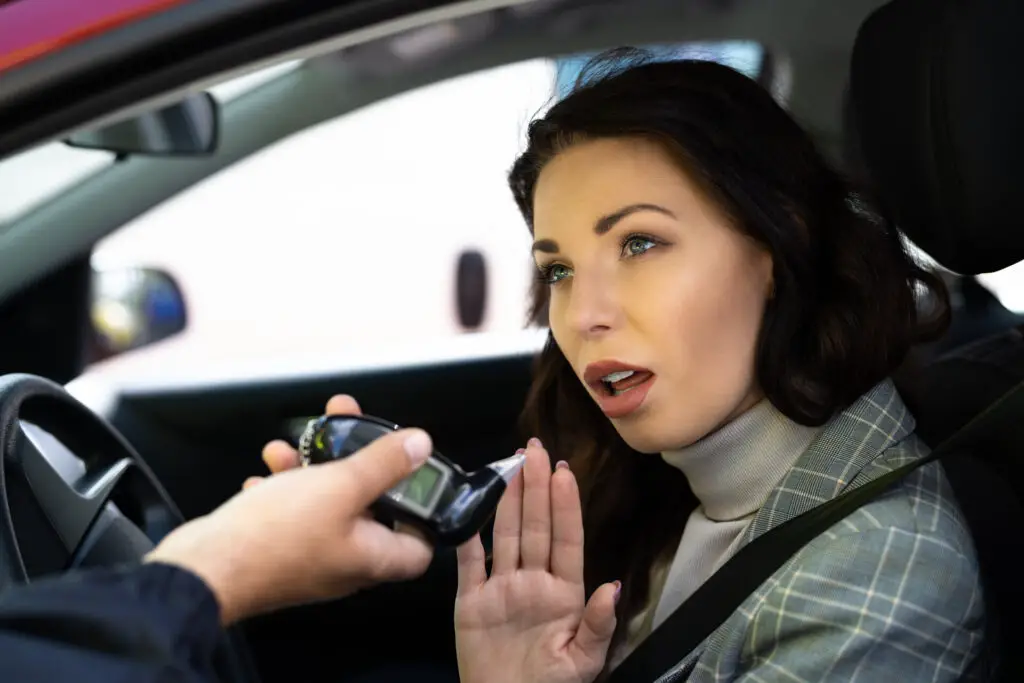
What Could Be Detrimental, Can Also Be Beneficial for the Long Term
The cost of owning a car will likely increase with the installment of breathalyzer sensors. There’s no escaping that. No matter how dodgy or crooked the regulations may seem, we can always try to observe them in a more positive light.
This can perpetually reduce the number of drunk driving accidents and force people to make better choices while out. Sure, alcohol is fun, but is it worth it when you’re driving? Not at all. Many victims and drunk drivers alike would agree.
But this isn’t always down to willpower; numerous factors impact whether a person will drink and drive. Here’s hoping this regulation might nip some of those factors in the bud.


